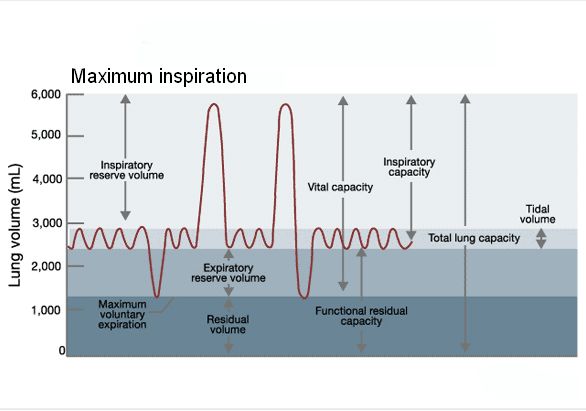
But you might find that you don’t notice these changes or that you notice them at different times – everyone’s experience is different. If you’re caring for someone who is dying, you might find that there are some things you can relate to. Peter, Shital and Tracey also talk about their personal experiences of looking after their loved ones during this time. Marie Curie Nurse Maria describes the common changes that you might notice in someone’s last weeks, days and hours of life. This can last for a short time or long time before breathing finally stops. This is known as Cheyne-Stokes breathing. It might stop and then start again or there might be long pauses or stops between breaths. Shallow or irregular breathingĪs the moment of death comes nearer, breathing usually slows down and becomes irregular. Often they will be unconscious or won’t be aware of it. But it’s unlikely to be painful or distressing for the person who’s dying. It can be upsetting or worrying for those around the person to hear their noisy breathing. Some people call this type of breathing the death rattle because it can happen in the last days or hours of life.

This is because the person isn’t coughing or clearing their airways. Noisy breathingīreathing may become loud and noisy if mucous has built up in the airways. Mottling is also harder to see on darker skin tones – it might look darker than normal, purple or brownish in colour. It may be easier to see on their lips, nose, cheeks, ears, tongue, or the inside of their mouth. On people with darker skin tones, blue can be hard to see.

People with lighter skin tones may look slightly blue or their skin can become mottled (have different coloured blotches or patches). This is because the blood circulation is slowing down. They may be able to hear what’s being said or feel someone holding their hand. But they may still have some awareness of other people in the room.

Many people lose consciousness near the end of life.


 0 kommentar(er)
0 kommentar(er)
